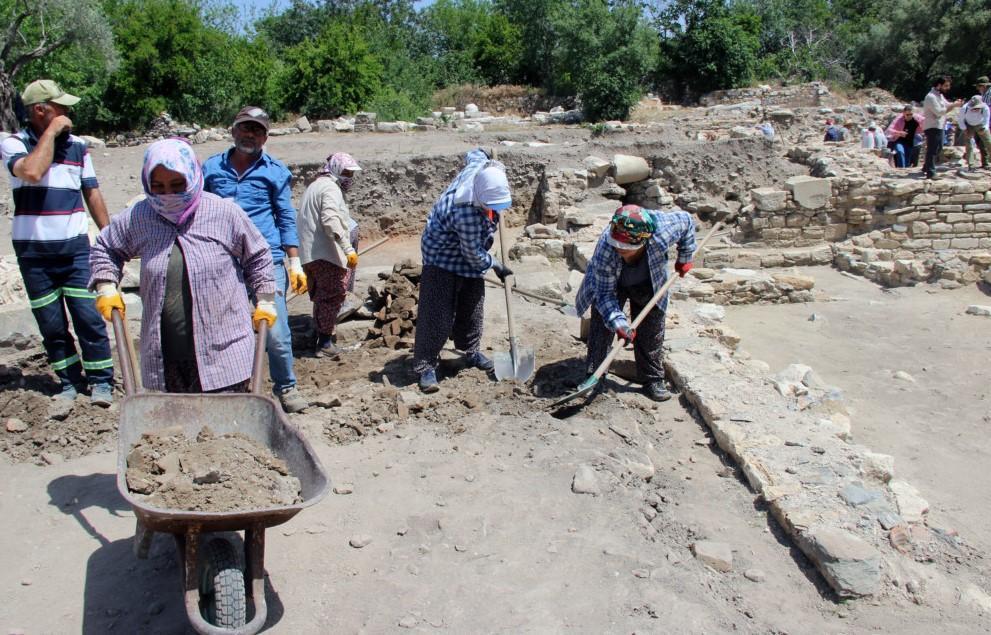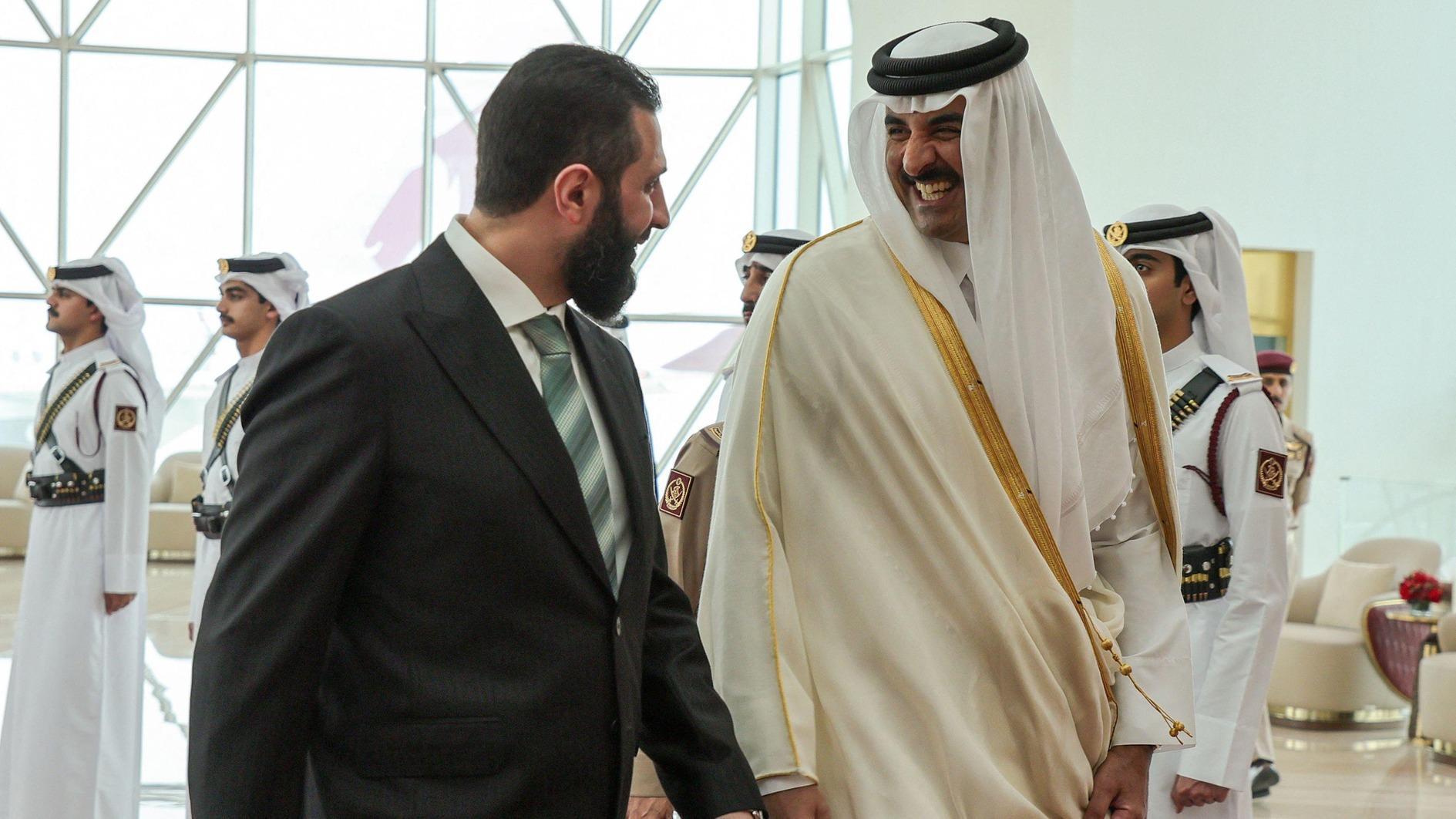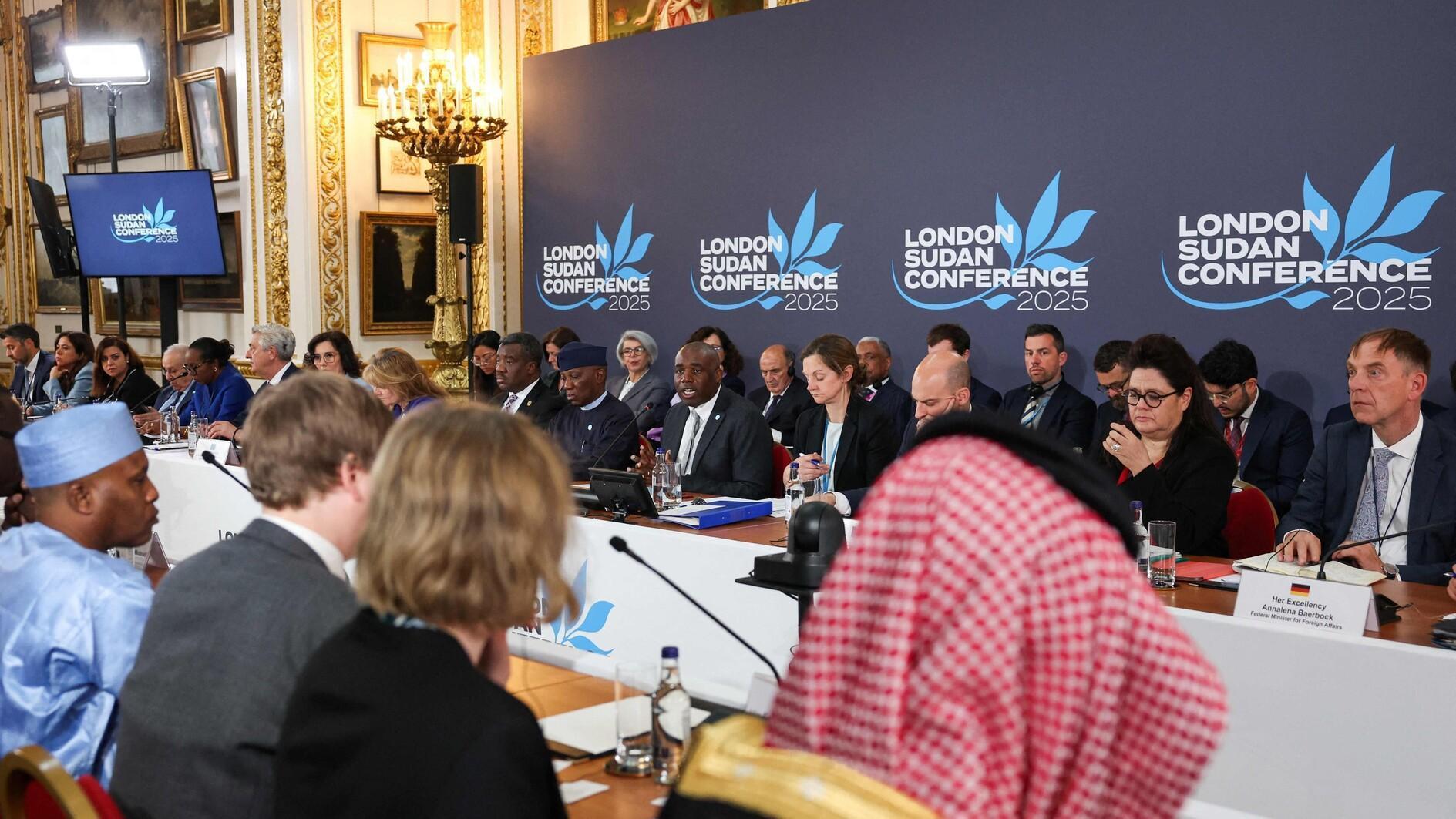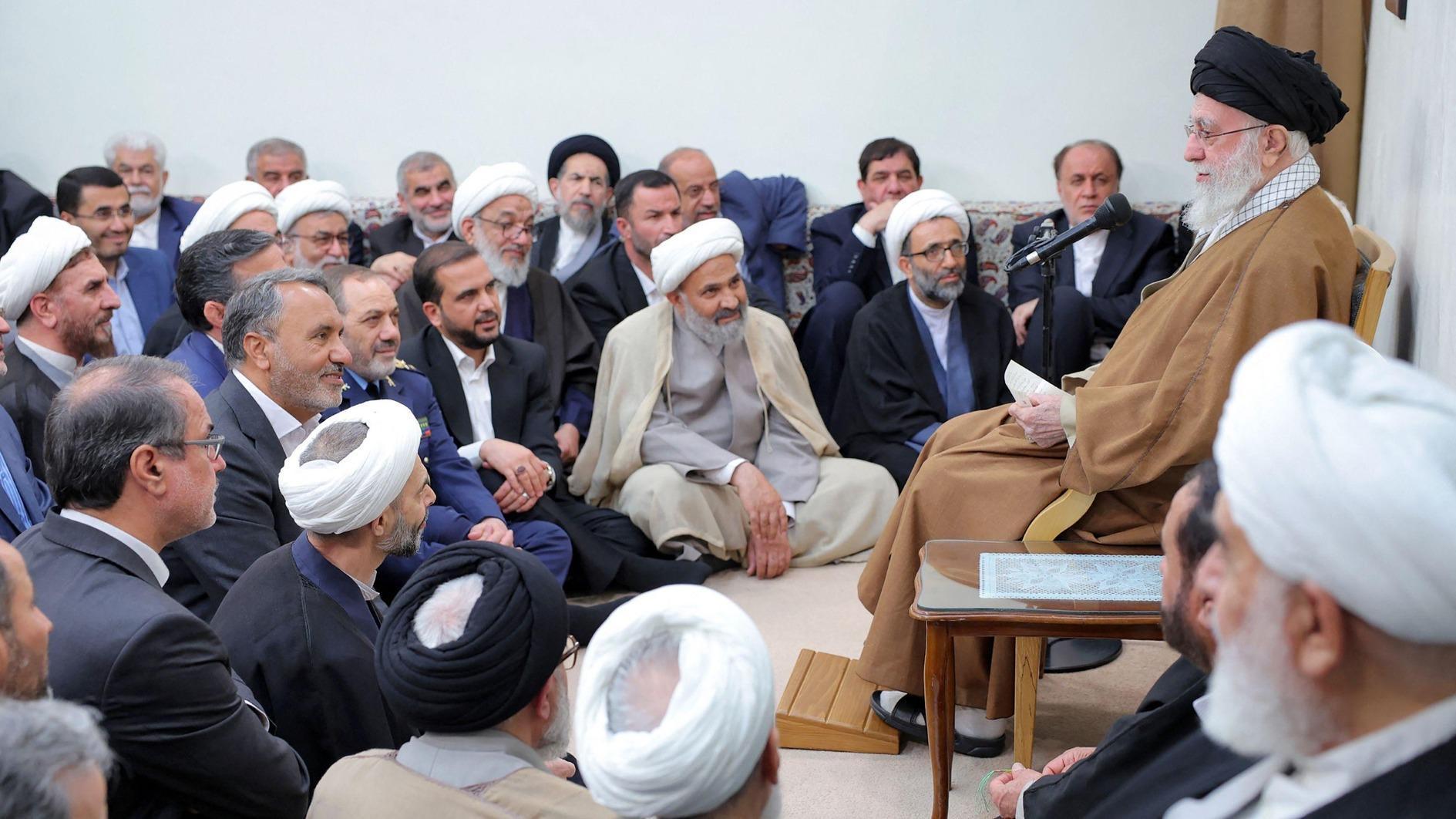Rural women’s touch in archaeology
MUĞLA

The number of archaeological excavations in the western province of Muğla, which is home to important ruins besides offering sea, sand and sun tourism, increased from 23 last year to 30 this year. While most of the archaeological excavations continue in summer and winter, seabed rescue excavations are also carried out.
Every year, a significant amount of budget is allocated by the Muğla Governorship Investment Monitoring Coordination Department (YIKOB) to the archaeological excavations, the number of which increased after Muğla Governor Orhan Tavlı took office. In 2021, approximately 25 million Turkish Liras was provided in support for the ongoing archaeological excavations by YIKOB.
The ongoing archaeological excavations have also created employment opportunities for the people of the region, especially for women. While excavation, restoration and conservation works continue for 12 months in Stratonikeia, the world’s largest marble ancient city in the Yatağan district of Muğla, 80 percent of those involved in the excavations are women. Housewives living in Yatağan and its surrounding rural neighborhoods also contribute to their home economy.
Women working at the excavation sites for 9 months of the year use rakes, shovels, carry soil with a wheelbarrow, and clean the soil on the artifacts found in the excavations. Contributing to the unearthing of history by cleaning the historical artifacts with their sensitive touches with a brush, women became indispensable at the excavation sites.
Professor Bilal Söğüt, the head of Yatağan Stratonikeia and Lagina ancient city excavations, said that 80 percent of the excavation workers in the ancient city are women.
“We conduct archaeological excavation, restoration and conservation works on structures from ancient times to the present day in the Stratonikeia and Lagina sanctuary. Here, there is an organization provided in cooperation with the Culture and Tourism Ministry, Muğla Governorship and Yatağan Municipality. Eighty percent of our employees are women. All our working women are from the center of Yatağan and the surrounding rural neighborhoods. They are basically women who stay at home. But here they are carrying out serious archaeological work, conservation and cleaning. In fact, they learn to dig and preserve artifacts here. They also contribute to their home economy. This is actually a project that makes an incredible contribution to the local people. That is why I attach great importance to this project,” he said.
Stating that they see the delicate hands and delicate touches of women on the artifacts, Söğüt said, “When we follow up for a long time, work efficiency is also higher. In their home, they start working in the morning and work until the evening, which is the same here. We see them working non-stop, sometimes digging, and sometimes carrying soil. Both their love of history and their awareness of conservation are increasing. When they go back to their homes, they talk about Stratonikeia and protection. I am incredibly happy to be working with our local women as head of excavation.”
Söğüt stated that visitors to the ancient city of Stratonikeia and Lagina closely follow the excavations from outside the security line.
“Under the security measures we take while the excavations are being carried out, we enable people to see the excavation work while they are traveling. People can sit in the shade of plane trees in the village square while they are walking around the city, they can visit the mosque, visit the Turkish bath or sit in a cafe. They can even watch the archaeologists digging along the roadside. They actually live in archaeology within their own security zone. Visitors can see themselves in this work as much as the excavators. I think it’s not virtual life, it’s real life,” he said.
















